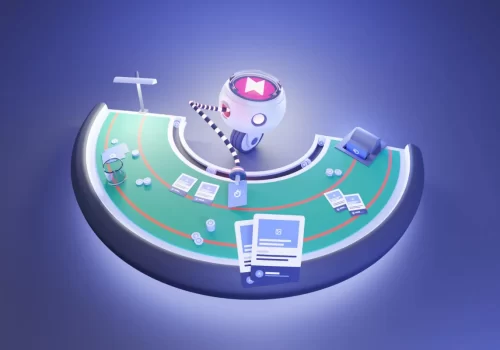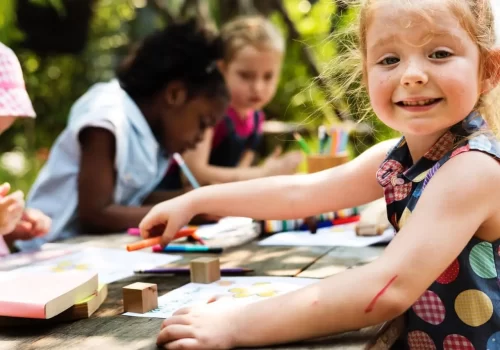A Private vs. Public School: Which Is Better?
Choosing where to enroll your kids is one of the important decisions you will have to make. For most families, the decision between attending a public and private school comes up as part of this discussion.
It is very clear that both schools have pros and cons. So how can you be able to determine the best option for your kids?
The fact is that the decision to enroll your kids in public vs. private school solely depends on the family and individual student, among other factors.
However, in the end, the best for your kids in both the long- and short-term is finding a school where they can succeed both socially and academically.
So without further ado, narrow down to the following key points that help to highlight the major differences between private and public schools.
- Demographic
Public schools normally serve students with neighborhood boundaries. That means kids can go to school with their neighbors.
On the other hand, a private school family comes from a wide radius and actively chooses to attend school. Certain private high schools near me offer buses, whereas others might facilitate parent carpools.
When a parent considers private schools, they usually base their decisions on the institution’s peer group, educational offerings, religious focus, and school philosophy.
- Class Size and Classes
When researching different school options, parents might want to consider what types of courses private and public schools provide, especially in high schools, where every high-achieving student might want to access a varied selection, including Advanced Placement classes.
As a parent, you need to ask schools how many learners graduate on time, the institution’s average ACT and CAT courses, and the number of students enrolling in.
- Teaching Curriculums
In public schools, teachers must teach as per the government-approved curriculum. To some extent, this may involve the responsibility of preparing students to write exams, which help define their futures.
In general, this means teachers will not have a lot of freedom in terms of what they teach. With that being said, many public school tutors can still be motivated to let their passion for topics shine through and even personalize lessons to suit the learning needs of students.
However, teachers with a niche, private school teaching can be the way to be professionals in their specialties, whether with bilingual students, teaching the flute, or working with children with special needs.
Certain private schools stick closely to standard curricula. This is why the job of private school teachers may involve preparing learners for the standardized test they may take in the public school.
- Program Offerings
As far as program offering is concerned, private schools, especially liberal art colleges, tend to provide fewer academic majors compared to public schools.
Though this is not a bad thing in particular. Students knowing what they should study may benefit from private schools, focusing more on their area of interest.
Closing Remarks!
Whether you are not able to afford a private school or believe that public schools are not the best option, it is your duty as a parent to give your kids the best education.
A perfect way to achieve this is to be involved in the school and community. Plus, take advantage of opportunities of working with the school staff and your kid’s tutors, especially if there are certain changes you want to see.





